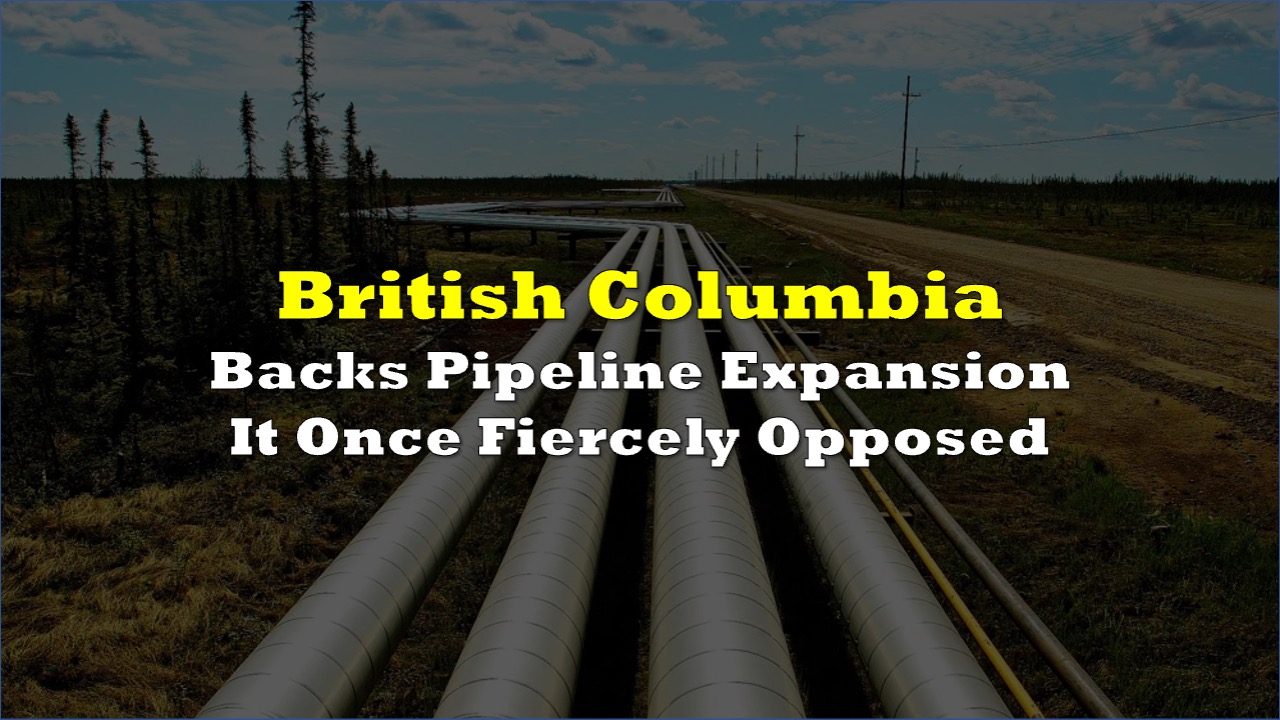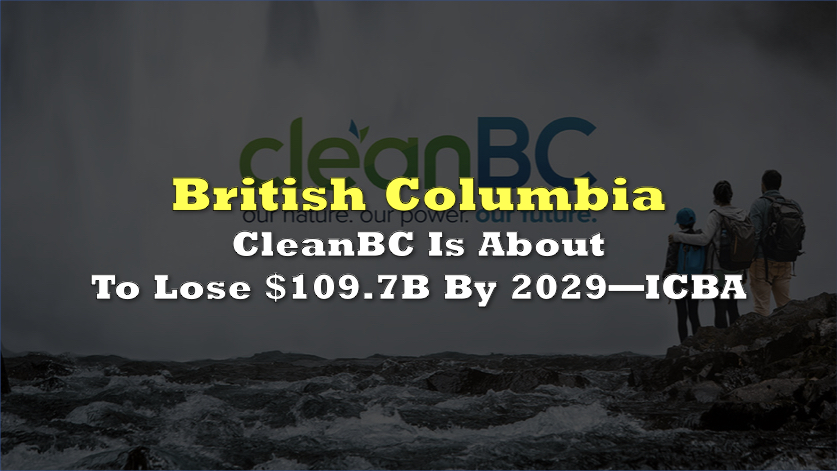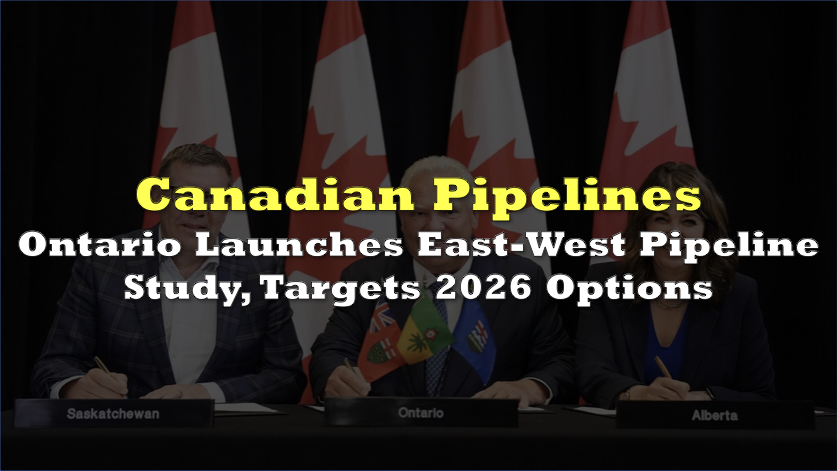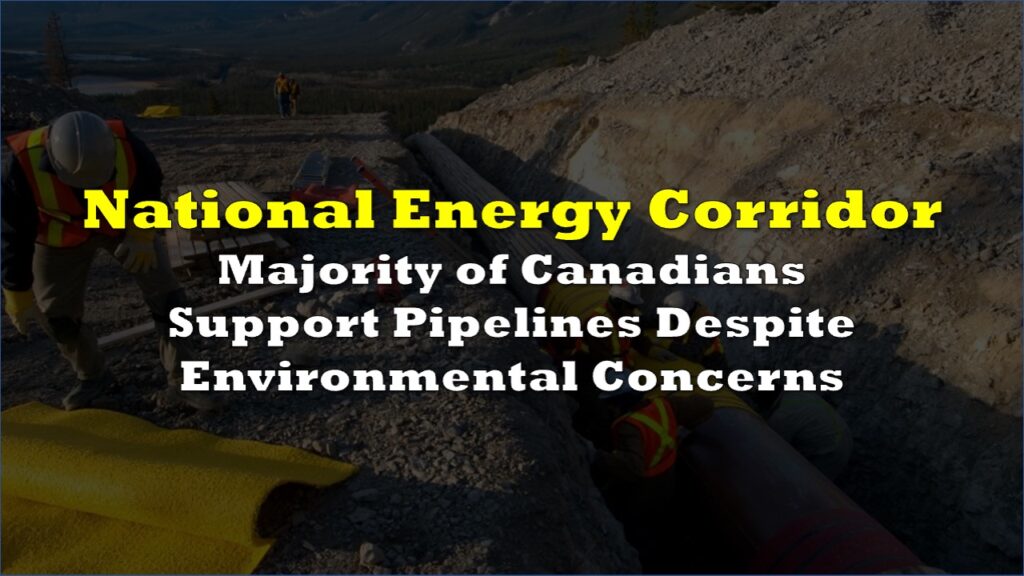British Columbia’s government has reversed course and now supports a proposal to boost capacity on the Trans Mountain pipeline system by roughly 40%, marking a sharp departure from its previous fierce opposition to oil infrastructure expansion.
The provincial backing comes as BC Energy Minister Adrian Dix pushes optimization of the existing federally owned pipeline as an alternative to Alberta Premier Danielle Smith’s demand for an entirely new pipeline to British Columbia’s northern coast. Dix has called the new pipeline proposal “economic folly.”
The optimization plan aims to add approximately 360,000 barrels per day of capacity through three projects, with initial results possible by late 2026. Key elements include constructing 30 kilometers of larger-diameter pipe running parallel to the current line, upgrading power systems at existing pump stations, and establishing 11 additional pumping facilities along the route.
Related: Canadian Pipeline Companies Plan Expansions to Ease Export Bottlenecks
Trans Mountain President and CEO Mark Maki said in May that the company expects to deploy drag-reducing agents by late 2026, though the project requires shippers to confirm demand for additional volumes. Maki estimated earlier this year that the mainline optimization project would cost between $3 billion and $4 billion.
BC has also tentatively approved dredging Vancouver’s Second Narrows waterway to allow oil tankers at the Westridge marine terminal to load to full capacity, addressing depth restrictions in the navigation channel.
The Trans Mountain expansion opened in May 2024, increasing the pipeline’s capacity from 300,000 to 890,000 barrels per day. Since opening, the system has helped triple Canadian crude exports to countries other than the United States.
Related: Trans Mountain Pipeline Boosts Canadian Oil Revenues by $10 Billion Since Launch
Smith rejected BC’s overtures Thursday, saying Trans Mountain optimization alone would not be sufficient. She emphasized that Canada needs to build new pipelines in all directions and seeks exemptions to the federal tanker ban on BC’s northern coast.
Prime Minister Mark Carney and Smith are reportedly close to reaching a memorandum of understanding that could include language about a path forward for the northwest BC pipeline, according to a senior government official who spoke on condition of anonymity due to ongoing negotiations.
BC Premier David Eby criticized what he termed “secret” talks between Alberta, Saskatchewan, and Ottawa, saying he learned of Saskatchewan Premier Scott Moe’s involvement through media reports. Eby warned that lifting the tanker ban would threaten billions of dollars in other approved projects and undermine consensus with First Nations groups.
Marilyn Slett, president of the Coastal First Nations-Great Bear Initiative, said her community would never support lifting the oil tanker moratorium on BC’s northern coast. The Union of BC Indian Chiefs called any proposal for a northern pipeline a “direct assault” on First Nations’ constitutionally protected rights.
Federal legislation currently prohibits oil tankers carrying more than 12,500 metric tons of crude oil from docking at ports along BC’s northern coast. The government is reportedly considering limited exemptions but has not committed to eliminating the ban entirely.
Alberta announced in October it would commit $14 million to develop a pipeline proposal for submission to the federal Major Projects Office, with the province acting as proponent alongside a technical advisory group including Enbridge, South Bow, and Trans Mountain Corporation.
Information for this story was found via the sources and companies mentioned. The author has no securities or affiliations related to the organizations discussed. Not a recommendation to buy or sell. Always do additional research and consult a professional before purchasing a security. The author holds no licenses.









